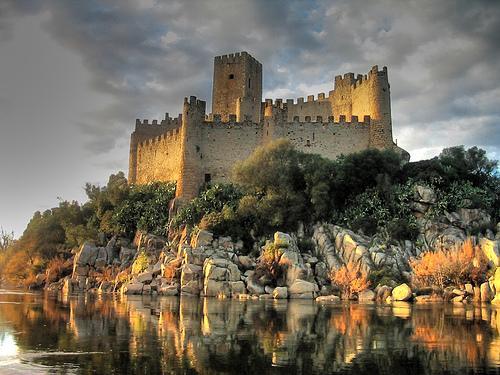Almourol, Santarém, Portugal
Suggest Place to Visit
5004
Track to location with GPS |
 |
Standing on a granite outcrop 18 m above sea level, on a small island 310 m long by 75 m wide, in the middle course of the river Tagus, slightly below its confluence with the river Zêzere, at the time of the Reconquest was part of the so-called Tagus Line, now the Templar Tourism Region. It is one of the most representative examples of the military architecture of the time, evoking simultaneously the beginnings of the kingdom of Portugal and the Order of the Templars, an association that reinforces the aura of mystery and romanticism. With the extinction of the Order of the Temple the castle of Almourol joins the patrimony of the Order of Christ (that was the successor in Portugal of the Order of the Templars).
With the advance of the reconquest to the south and the extinction of the Order of the Templars in 1311 by Pope Clement V during the reign of King Dinis (1279-1325), the structure passed to the Order of Christ, later losing importance, having various changes.
Victim of the earthquake of 1755, the structure was damaged, coming to undergo more changes during the romanticism of the nineteenth century. At this stage, and following the current philosophy of valuing the works of the past in the light of an ideal poetic vision, the castle was subjected to adulterations of a decorative nature, including the uniform crowning of the walls by battlements and merlons.
The castle was handed over to the Portuguese Army in the second half of the 19th century, under the responsibility of the commander of the Tancos Engineering School, to which he is attached until today.
In century XX was classified like National Monument of Portugal by Decree of 16 of June of 1910. At the time of the Portuguese New State the set was adapted for Official Residence of the Portuguese Republic, here taking place some important official events. To this end, new interventions were promoted in the 1940s and 1950s, reinforcing aspects of an ideology of nationality cultivated by the regime at the time.
The construction, in granite stonework and mortar, is irregular (organic), reflecting the irregularity of the terrain, and has a division demarcated on two levels, a lower exterior and a higher interior.
On the main door of the castle, an epigraphic inscription dated from the era of 1209 (1171), mentions, in addition to the Bra- caean naturalness of Gualdim Pais and his military action against the Muslims in Egypt and Syria, his rise to the leadership of the Order of the Temple in Portugal and subsequent construction of the castles of Pombal, Tomar, Zêzere, Cardiga and Almourol, evidencing that, in that year, the castle of Almourol was, like the others, already built. However, a second inscription, on the inner door, informs that it was in the era of 1209 that Gualdim Pais built the Castle of Almourol. A third inscription, on the sacristy door of the church of the Convent of Tomar, also dating from the 1209 era, similar to the first, except for the enumeration of the castles, which also includes those of Idanha and Monsanto, first, since these last two castles are built after 1171.
Classified as a National Monument, it was during the Estado Novo, Official Residence of the Portuguese Republic.
Comments
We don´t have yet any comments about:
Castle of Almourol
Castle of Almourol
Be the first to leave a comment as it is very important to inform other people
Outros locais a visitar
Within a radius of 20 km from:Castle of Almourol
Museo dei fiumi e delle arti marittime (Constância) |
| 3,8 Km |
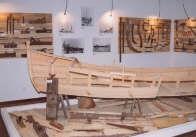 |
Parco Barquinha (Vila Nova da Barquinha) |
| 4,0 Km |
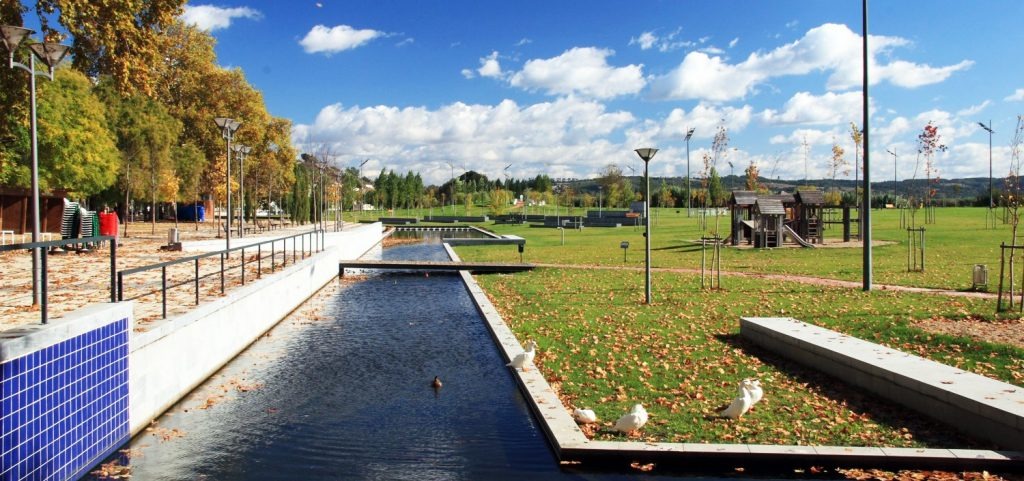 |
Piazza Alexander Herculano (Constância) |
| 4,1 Km |
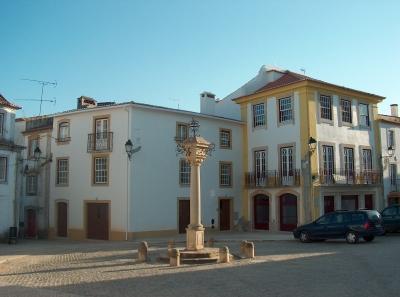 |
Chiesa Madre Constância (Constância) |
| 4,3 Km |
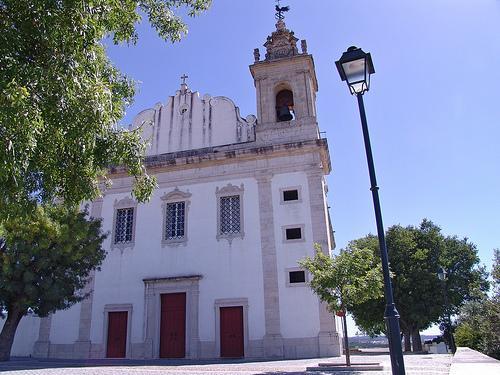 |
Giardino Horto de Camões (Constância) |
| 4,4 Km |
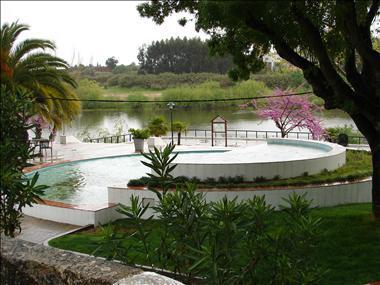 |
Parco ambientale di Santa Margarida |
| 5,9 Km |
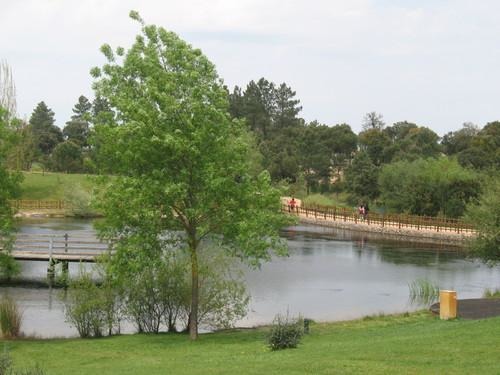 |
Chiesa Madre di Santa Margarida da Coutada (Constância) |
| 6,6 Km |
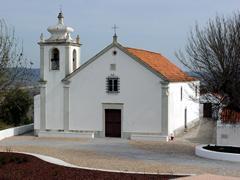 |
Monteyru Dolenko |
| 6,9 Km |
 |
Cappella di San Giovanni Battista (Entroncamento) |
| 7,1 Km |
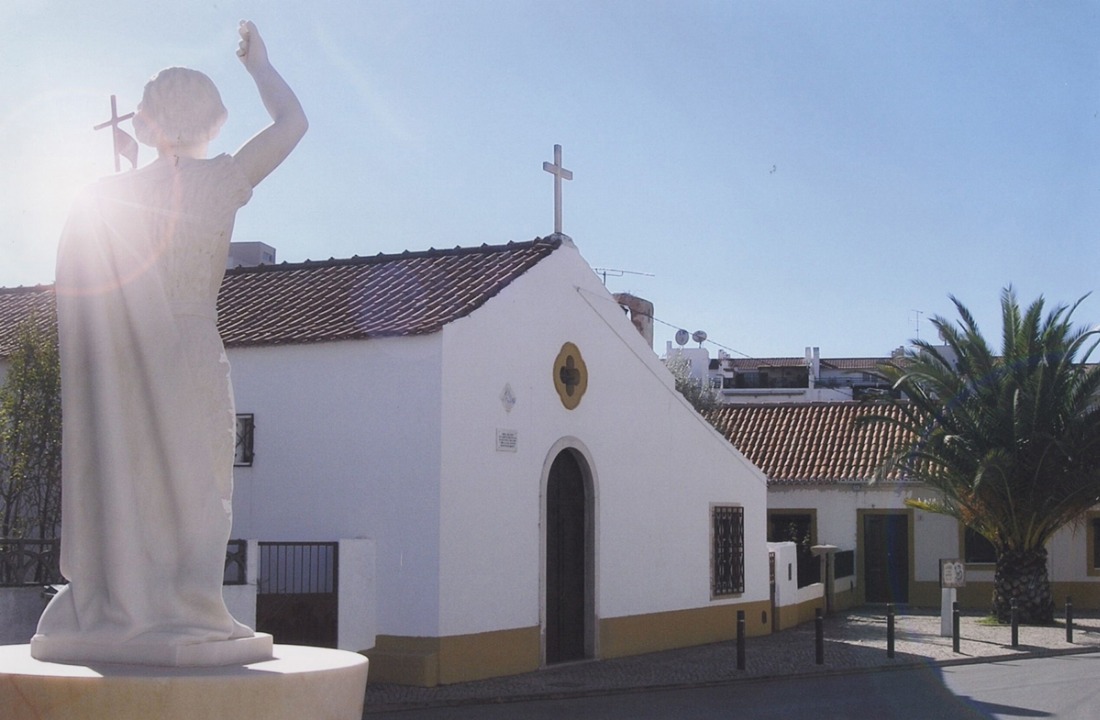 |
Chiesa Madre di Montalvo (Constância) |
| 7,8 Km |
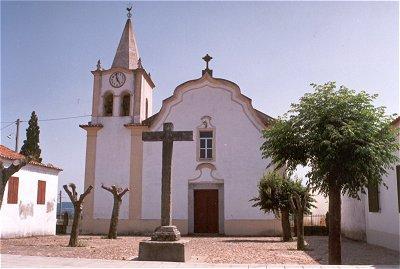 |
Gogna di Paialvo (Tomar) |
| 13,3 Km |
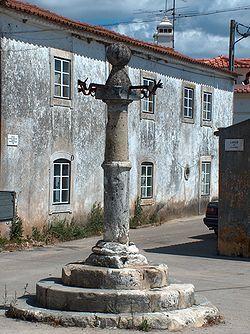 |
Museo comunale Carlos Reis (Torres Novas) |
| 13,4 Km |
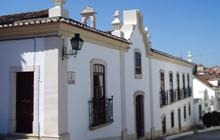 |
Chiesa della Misericordia (Torres Novas) |
| 13,6 Km |
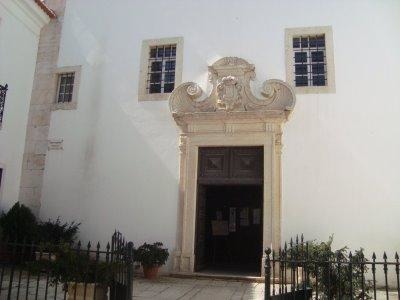 |
Castello di Torres Novas (Torres Novas) |
| 13,6 Km |
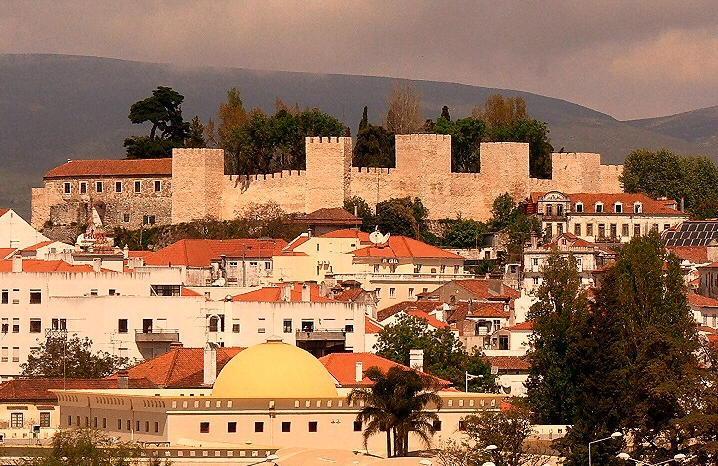 |
Eremo di Nostra Signora del Pranto (Chamusca) |
| 14,5 Km |
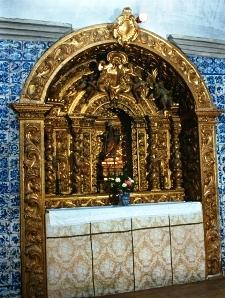 |
Luso-Hebrew Museum of Abraham Zacuto (Tomar) |
| 15,9 Km |
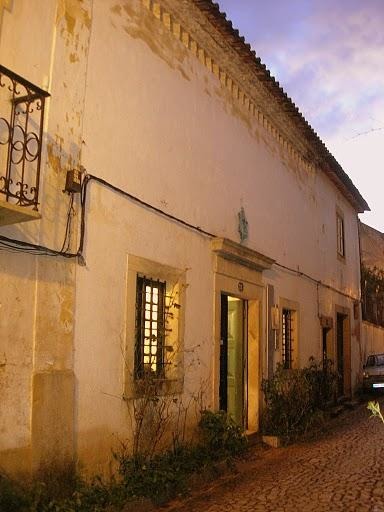 |
Tomar Synagogue |
| 15,9 Km |
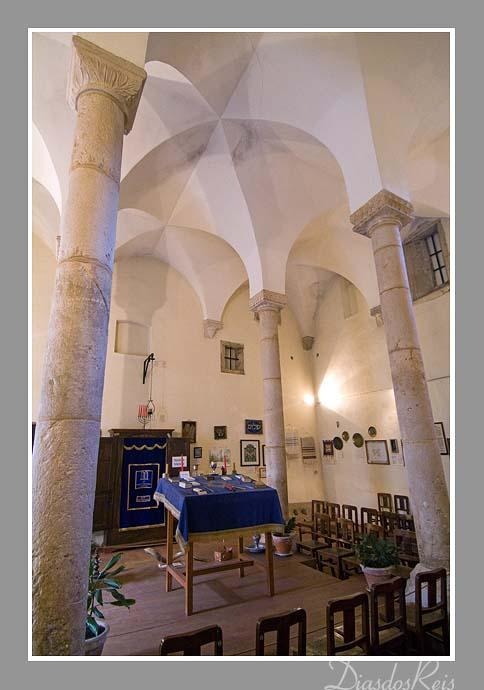 |
Castle of Tomar (Tomar) |
| 15,9 Km |
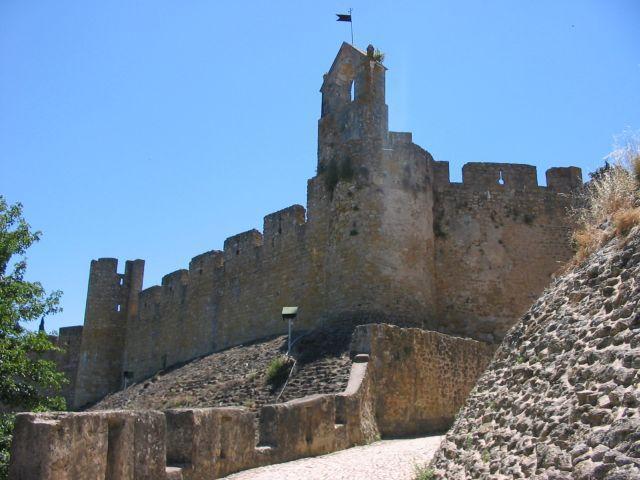 |
Chiesa di San Giovanni Battista (Tomar) |
| 16,0 Km |
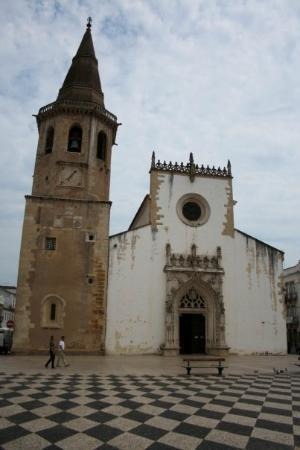 |
Ponte Vecchio sul fiume Nabão (Tomar) |
| 16,0 Km |
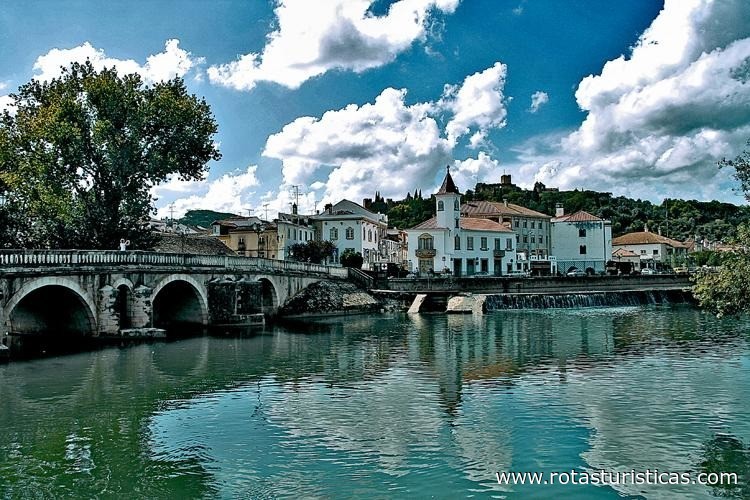 |
Convento di Cristo (Tomar) |
| 16,0 Km |
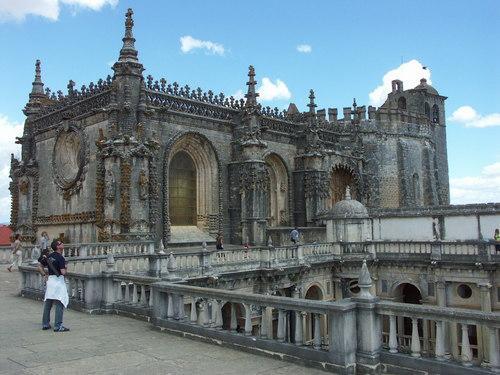 |
Gogna di Tomar |
| 16,2 Km |
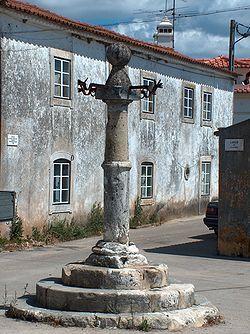 |
Castello di Abrantes (Abrantes) |
| 16,3 Km |
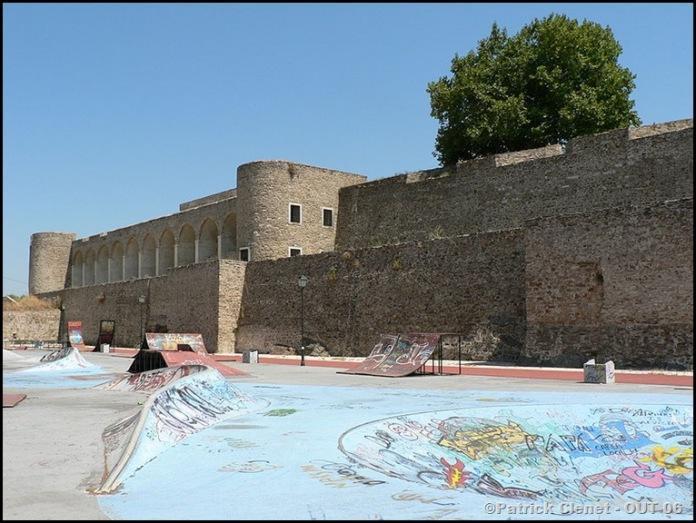 |
Acquedotto Pegones (Tomar) |
| 17,0 Km |
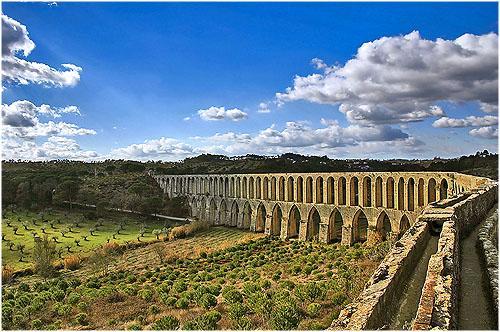 |
Hotel reservation near Castle of Almourol within a radius of 20 km
Why to book with ROTTA TURISTICA
The best prices
Our partnerships with the world´s largest operators offer research on the best market prices.
More options
At Rotas Turisticos you can book the hotel, buy the air ticket, book the transfer from the airport to the hotel and vice versa, book the local excursions, rent the car, take travel insurance and consult the places to visit and where to go.
Holiday Tips & Destinations
Hundreds of holiday destinations with all the options that allow you to easily choose the destination that best suits your dream vacation.
ROTTA TURISTICA
Links


